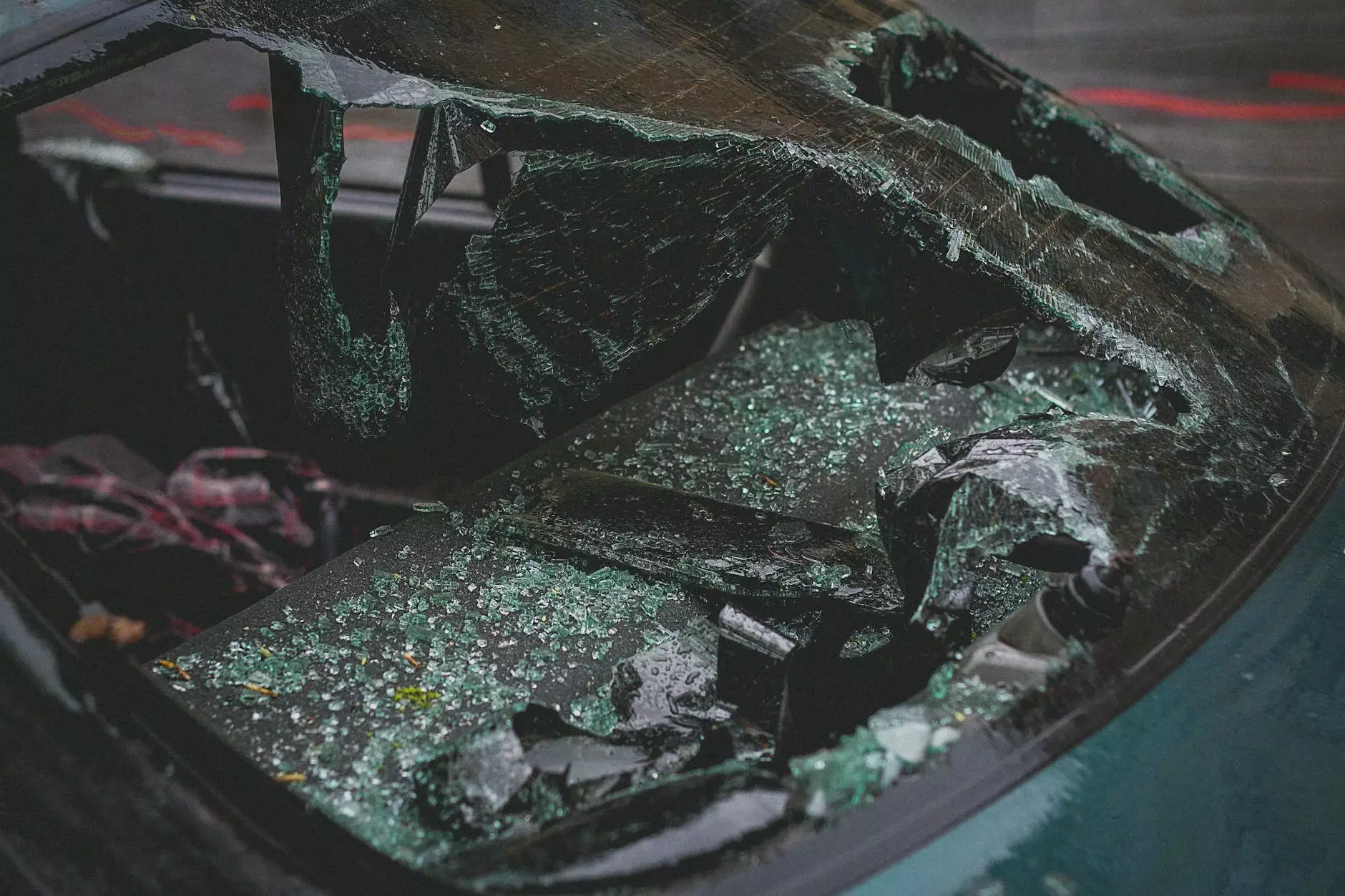Equitable Subrogation Fails to Pierce Virginia Sovereign Immunity
Virginia Lawyer
Introduction
Welcome to Richardson Law Firm PC, your trusted source of legal expertise in matters related to equitable subrogation. In this article, we will delve into the complexities of equitable subrogation and discuss its limitations in piercing Virginia's sovereign immunity.
Understanding Equitable Subrogation
Equitable subrogation is a legal principle that allows a party to step into the shoes of another party and assert their rights and remedies against a third party. In the context of insurance, it typically arises when an insurance company pays a claim on behalf of its insured and then seeks reimbursement from a responsible party.
Equitable subrogation provides an important mechanism for insurance companies to recover their losses and prevent unjust enrichment. However, in certain cases, such as when dealing with a sovereign entity like the state of Virginia, the application of equitable subrogation faces significant hurdles.
The Challenge of Sovereign Immunity
Sovereign immunity is a legal doctrine that grants immunity to the government or its entities from being sued without its consent. In Virginia, sovereign immunity extends to the state and its various agencies, limiting their exposure to legal actions.
While equitable subrogation is a powerful tool, it is subject to the limitations imposed by sovereign immunity. Virginia, like many other states, has established laws and regulations that protect the state and its agencies from liability, even in cases where equitable subrogation would ordinarily apply.
Limitations on Equitable Subrogation in Virginia
When dealing with equitable subrogation in Virginia, it is crucial to understand the legal framework governing these cases. Here are some important limitations to consider:
1. The Public Policy Rule
Under Virginia's public policy rule, the state's sovereign immunity cannot be waived through equitable subrogation. This means that even if an insurance company can demonstrate a valid claim for recovery under equitable subrogation principles, it may not be able to pursue legal action against the state or its agencies.
2. Exceptions to Sovereign Immunity
While sovereign immunity generally limits legal actions against the state, there are exceptions that exist. One such exception is when the state has waived its immunity by purchasing liability insurance. In these cases, an insurance company may have grounds to seek reimbursement through equitable subrogation.
3. Consult an Experienced Attorney
Given the complexities surrounding equitable subrogation and sovereign immunity in Virginia, it is essential to consult with an experienced attorney who specializes in this area of law. At Richardson Law Firm PC, our team of skilled attorneys has a deep understanding of Virginia's legal landscape and can provide expert guidance and representation for equitable subrogation cases.
Contact Richardson Law Firm PC for Expert Assistance
If you require professional assistance with matters related to equitable subrogation in Virginia, look no further than Richardson Law Firm PC. Our team of dedicated attorneys has a proven track record of success in handling complex legal cases involving equitable subrogation and sovereign immunity.
With Richardson Law Firm PC, you can rest assured that you are in capable hands. Our attorneys possess the knowledge, skills, and resources necessary to navigate the intricacies of Virginia's legal system and vigorously advocate for your rights.
Contact Richardson Law Firm PC today to schedule a consultation and let us guide you through the complexities of equitable subrogation.










